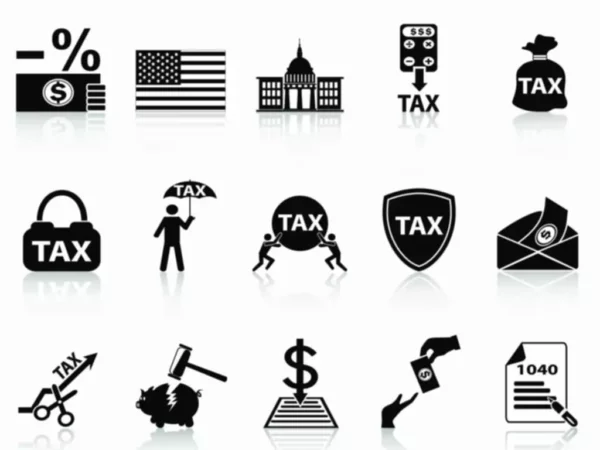Depreciation
Depreciation is an accounting method that calculates the life and wear value of tangible assets, and the tangible value of these assets is included in parts in the cost of the final product or service. We can say that depreciation means a gradual transfer of the price of fixed assets, as they gradually wear out, directly to the final price of the manufactured range of products and services. That is, the business can maintain the original total cost of internal production capital. Examples of such assets include:
- real estate objects
- all kinds of equipment
- production machinery and so on.
If we talk about depreciation in simple terms, it is the simplest, but at the same time quite effective technique that allows you to preserve tangible assets directly within the company. The total amount of monthly deductions to the depreciation account is determined on the method best applicable for accounting for the regular wear and tear of a particular asset.
Depreciation Tax Shield
Although depreciation is a familiar term to many business owners, most do not really know and understand how to take advantage of it to reduce their tax bills. A depreciation tax shield is a tax saved as a result of subtracting the depreciation expense from the income a business will pay taxes on. It can be calculated by multiplying the deductible depreciation expense by the tax rate applicable to your business. The formula for this calculation can be presented as follows:
Companies using a method of accelerated depreciation are able to save more money on tax payments due to the higher amount of possible tax shield. With the straight-line method, the tax shield will turn out to be lower, but it is still a way to cut down your business’s tax bill.
Taxes are a big part of expense optimization and cost-cutting strategies. Although it is not an actual expense that you are writing off, it is lowering the income you have to pay taxes on, and, ultimately, you will have less expenses in the end. A depreciation tax shield is not about how much money you make, but rather how much money you get to keep. Just like the name implies, it shields you from tax obligations before the government.
In fact, companies often determine that it is more advantageous to go out and buy some fixed assets, especially those that can be depreciated quickly, to increase the amount of profit they get to keep after covering all of their liabilities. In addition, it does not matter if you buy something with your own money or you borrow this money. For this reason, a depreciation tax shield is considered a big advantage to real estate investing.
To maximize your depreciation tax shield, it is advisable to consult with a CPA who has experience in our industry. This professional will not only help you to find possible deductible depreciation items but also see if any of these tax savings can be legally accelerated to give you the biggest tax advantage possible.
In addition, these specialists can help you properly plan your taxes and advise on the topic of investing in depreciable assets as a tax minimization strategy and explain any possible risks and downsides. For instance, if you expect to have a high income next year(s), it might be wise to hold on to be able to lower your income in the future and avoid paying a higher tax rate. If this year is unexpectedly successful, you might want to get as many deductions as possible now.
Example
Now, let’s look at how much a company can save in taxes by having assets that it can depreciate. Johnson Industries Inc., for example, has a piece of equipment that costs $75,000. The maximum depreciation expense it can write off this year is $25,000. The applicable tax rate is 37%. The tax shield Johnson Industries Inc. will receive as a result of a reduction in its income would equal $25,000 multiplied by 37% or $9,250.
It also has an option to write off only a minimum amount of $2,700. This option would reduce its income only by $999 ($2,700 x 0.37). Whether the company chooses to take advantage of the maximum tax shield possible or not will depend on the financial situation at the company and its plans for the future. Nonetheless, the advantage of having some flexibility in the amount of tax payments the company has to make this year and in the upcoming years allows businesses to make the most out of their money and increase their profits as much as possible.


















